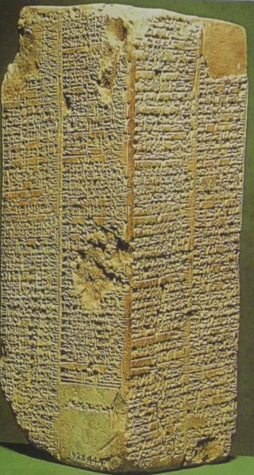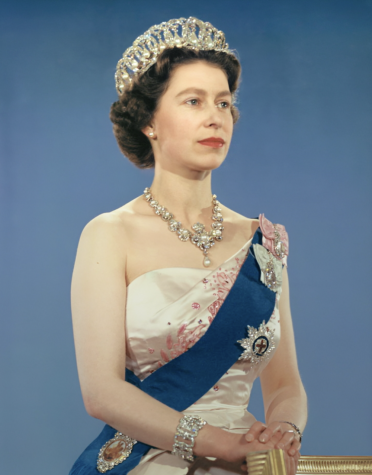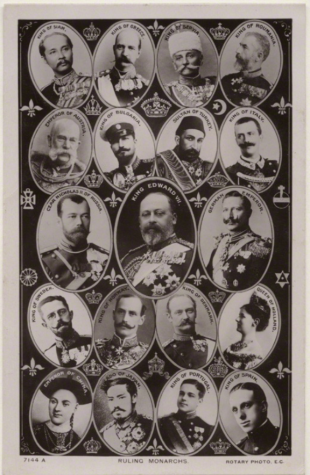Re-evaluating Monarchies Following Queen Elizabeth’s Death: Are They an Equitable Form of Political Structure?
October 21, 2022
Monarchies stand as one of the world’s oldest forms of government. One can learn this simply by flipping through a history book, as the story of the world is loaded with the system at almost every corner. In fact, some of the earliest recorded ones date back to 3000 BC in places like Egypt and Sumer. However, with the death of Queen Elizabeth on September 8, 2022, the monarch of Britain, people have begun to question whether or not this system is still effective. So, I pose the question that even though monarchies carry major significance in history, are they equitable, and do they have a place in today’s modern world?

To begin, what exactly is a monarchy? Traditionally, monarchies consist of a single, hereditary leader who maintains complete control over a nation. While this system was effective throughout history in creating economic gains and developing control, monarchies were also responsible for stark class differences, colonialism, and violence. This, among other reasons, are why I don’t believe monarchs are equitable nor should still be used today.
A few factors comprise my opinion. First, this is largely because of the evolution of society and the fact that many monarchs today don’t hold any real political power aside from being figureheads. While they are able to bestow honors and appoint the prime minister, they don’t have much political power aside from that. In addition, as monarchs aren’t elected, they serve as an antithesis of democracy. They also require a large amount of taxpayer money to be supported. A financial report revealed that the royal family cost the British people £86 million in 2018. While we, as Americans, also pay money for the needs of our president, he actually has political control. This extensive use of taxpayer money is particularly harmful when countries are in a state of economic recession.

As stated earlier, monarchies are also often appointed through the hereditary method, meaning that regardless of what the person has done, they’ll take the throne either way. Even though the ruler does not have any political power, they do have a great deal of soft power and influence. If this hereditary power is placed in the wrong hands, detrimental choices could be made. Monarchies also have no systems of checks and balances to keep the ruler constrained, meaning no one would really be there to ensure the monarch is making the right decisions. Many are also historically based on histories of colonialism. In regards to Britain’s monarchy, Queen Elizabeth was the monarch of over 15 countries in the Commonwealth and held 14 overseas territories during her rule. The fight for independence in many of these countries was also very bloody. Many other forms of government also possess territories of this extent, and I believe that the mistreatment of other people in order to extract resources and political power should not be accepted and normalized.

Overall, while monarchies may have been successful in the past, I don’t think they have a place in society today. They are extremely expensive, have very little power, and carry harsh histories of colonization. In a world where democracy is finding its home, I don’t think monarchies should be used anymore. Perhaps, the past should stay in the past.
Works Cited
Benyamin, Chaya. “Is the Royal Family a Worthy Institution or Outdated Relic?” Theperspective.com/, The Perspective, 12 Sept. 2022, https://www.theperspective.com/debates/living/perspective-royal-family/.
Oram, Kristy. “The Role of the Monarchy.” The Royal Family, The Royal Household, 9 Dec. 2016, https://www.royal.uk/role-monarchy.
“The Pros and Cons of the Monarchy.” The Week UK, 28 Sept. 2022, https://www.theweek.co.uk/royal-family/957673/pros-and-cons-of-the-monarchy.












